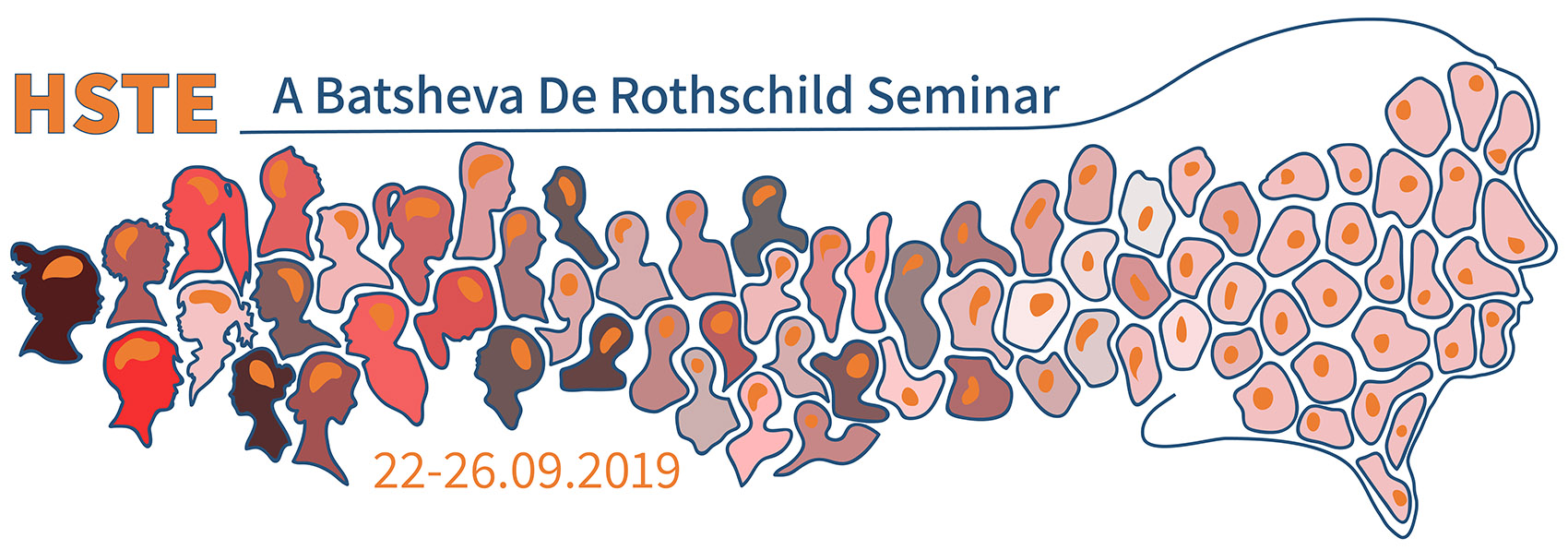
The emergence of novel levels of individuality is a recurrent theme in the history of life. Biological units that previously existed as independent individuals are incorporated within a higher level of organization. During such evolutionary transitions in individuality (often referred to as “major transitions in evolution”), new levels of individuality are formed. For example, multicellular organisms are comprised of cells whose ancestors were individual unicellular organisms. In another example, ants and bees (and a handful of other eusocial species) arguably illustrate a transition to a so-called ‘superorganism’, in which the whole colony may be best described as a single individual. Individual ants (possibly including the queen) are analogous to the cells of an organism, according to this perspective. The criteria for being an evolutionary individual and the processes leading to evolutionary transitions in individuality are topics of sustained discussion in evolutionary theory.
Historically, it was claimed that human society may be on a path leading to a similar transition, in which humans – via their social complexity and emerging control-facilitating technology – may become incorporated within a higher hierarchical level, a global collective, a superorganism. Such claims were often used to describe utopian or dystopian visions of human society and were fiercely debated, mostly to be abandoned. Recently, the idea of human society experiencing an evolutionary transition in individuality has once again become a topic of debate, in light of new technological advances, such as Internet based social networks. Novel technologies provide governments with powerful control tools, from social-media bots to mass surveillance. Understanding the nature of rapid socio-cultural evolution that current society is undergoing may provide crucial inferences into causes and characteristics of the process. Beyond its clear scientific importance, this understanding may be necessary for achieving practical and policy goals – from recruiting a much wider public support for climate change policies, to reducing social and racial tensions. The effort to understand the nature of socio-cultural evolution in current society must be interdisciplinary, and involve biologists, psychologists, anthropologists, philosophers and mathematical modelers.
Unlike previous discussions, the objective of this seminar is to operationalize the concept of ‘evolutionary transition’, in order to critically look at current human society, on a globalized and localized-underprivileged scale. This approach may culminate in a theoretically robust and empirically grounded perspective on evolutionary transitions in individuality, as well as a new perspective on recent changes in human society. An overarching aim of the seminar is to integrate recent advances in the fields of cultural evolution and transitions in individuality.
The seminar will focus on three major themes that will be addressed in succession:
Theme 1. Comparing between major transitions..
Theme 2. Humans in the context of major transitions.
Theme 3. Mathematical models of major transitions, and of changes in human societies.
Here are more details on these themes. The structure of the seminar is described here. The detailed program appears here.
The Organizing Committee:
* Yohay Carmel, Faculty of Civil and Environmental Engineering, The Technion
* Ayelet Shavit, Department of Environmental Sciences, Tel Hai College
* Ehud Lamm, The Cohn Institute for the History and Philosophy of Science and Ideas, Tel Aviv University
For any questions please contact the administrative organizer Mrs. Meital Gotfrid :
email: meitalg@technion.ac.il
Phone: +972.4.829.5153